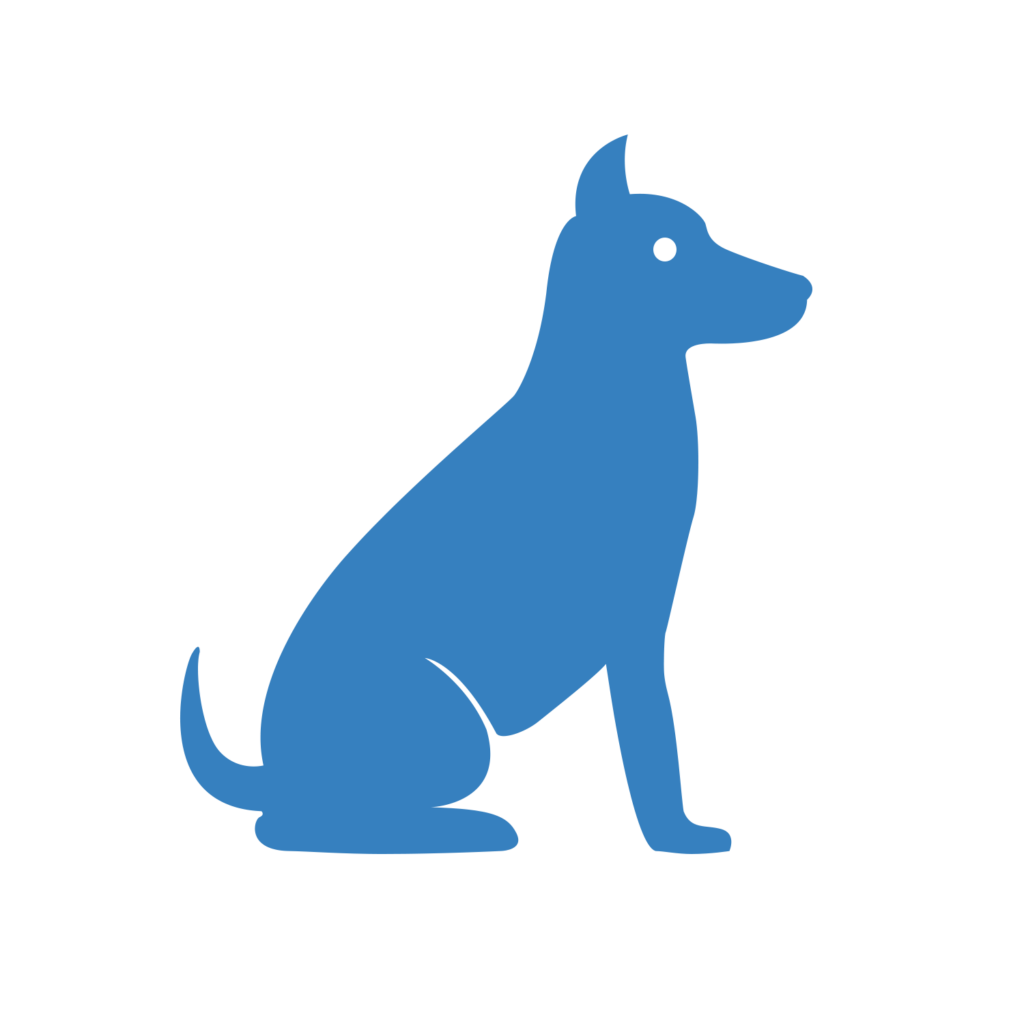

Von Willebrand Disease Type I
Turnaround: 3-5 business daysTurnaround: 7-10 business days
Price: $45.00Price: £40.00
Breeds: Airedale Terrier, American Corgi, Aussiedoodle, Australian Golden Doodle, Australian Labradoodle, Australian Mountain Dog, Australian Mountain Doodle, Beauceron, Bernedoodle, Bernese Mountain Dog, Bordoodle, Brazilian Terrier, Cardigan Welsh Corgi, Cavapoo, Clumberdoodle, Cockapoo, Corgipoo, Coton De Tulear, Doberman Pinscher, Double Doodle, German Pinscher, German Shepherd Dog, Goldadoodlier, Goldador Doodle, Golden Mountain Dog, Goldendoodle, Greater Swiss Mountain Dog, Havanese, Havapoo, Irish Setter, Kerry Blue Terrier, King Charles Bernedoodle, Labradoodle, Maltipoo, Manchester Terrier, Miniature Bernedoodle, Miniature Goldendoodle, Miniature Poodle, Mixed Breed, Mixed Breed (Dog), Newfypoo, Papillon, Pembroke Welsh Corgi, Pomeranian, Pomsky, Poodle, Pug, Saint Berdoodle, Schipperke, Schnoodle, Sheepadoodle, Shih Poo, St. Bernard, Standard Poodle, Toy Poodle, Unspecified, Unspecified Breed, Whoodle, Yorkiepoo
Description
Von Willebrand Disease (vWD) is an inherited bleeding disorder that inhibits the normal blood clotting process, causing prolonged bleeding after an injury. People with this condition often experience excessive bruising, prolonged nosebleeds, and excessive bleeding following any form of trauma, including surgery, or dental work.
The primary function of von Willebrand Factor (vWF), a blood glycoprotein, is to bind itself to other proteins. Under normal circumstances, this factor is designed to clot wounds in order to stop bleeding. This can be exemplified with the common scab. The failure of vWF function inhibits the blood coagulation process (also known as clotting) and causes excessive bleeding. This is most apparent in tissues having high blood flow or narrow vessels.
There have been three separate types of vWD have been identified in dogs (and people). Of these three types there are five different genetic mutations causing vWD disorders in dogs. Genetic tests have been developed to identify all five variants. Von Willebrand's Disease type I (VWDI) is transmitted as an autosomal recessive trait with variable penetrance and is the least serious of the three that we test for. Autosomal recessive traits are traits that can be passed from either parent and require two copies of the gene to show symptoms. Animal Genetics offers tests for vWDI, vWDII, and vWDIII.
The causal mutation for vWDI is a G>A nucleotide substitution. This means that one of the nucleotides (adenine, guanine, cytosine, and thymine) has been mistakenly replaced in the DNA code with a nucleotide that isn’t meant to be there. This mutation reduces the normal production of von Willebrand's Factor (vWF) to only 5-10% of vWF production in normal dogs. This low concentration of normal vWF prevents normal blood coagulation, which results in excessive bleeding.
Symptoms include:
- abnormal bleeding
- abnormal blood clotting
- bleeding gums
- blood in the feces
- blood in the urine
- easy bruising
- excessive bleeding
- hematochezia
- hematoma (bruising)
- hematuria
- nosebleeds
- vaginal bleeding
Because vWDI is a recessive disorder, a dog must have two copies of the mutation in order for the disease to manifest. This means that a dog can have one copy of the mutation and not experience any signs or symptoms of vWDI. This dog would be known as a carrier. The carrier can then pass on either the normal gene or the mutated gene to any offspring. If two carriers are bred, there is a 25% per puppy that they will develop symptoms of vWDI.
Possible Results
| Genotype | Description |
|---|---|
| n/n | Clear: Dog is negative for the mutation associated with von Willebrand's Disease Type I. |
| n/vWD1 | Carrier: Dog carries one copy of the mutation associated with von Willebrand's Disease Type I. |
| vWD1/vWD1 | Affected: Dog has two copies of the von Willebrand's Disease Type I mutation and will be affected. The mutation will always be passed on to every offspring. |
Reference
Am J Vet Res. 2000 Feb.;61(2):115-20. Inheritance of von Willebrand's disease in a colony of Doberman Pinschers. Riehl J1, Okura M, Mignot E, Nishino S. [PMID:10685679]